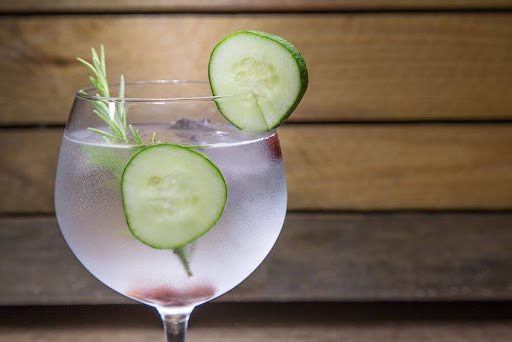
Why Brands Buy Bulk For Their Base Spirit
With a diverse range of spirits on the market, more brands and companies are turning to suppliers for their base alcohol needs. Although not every alcoholic beverage starts with a neutral spirit base, it still plays an essential role in producing gin, vodka, and Ready to Drink (RTD) beverages.
What Is A Base Spirit?
Derived from its flavorless and odorless characteristics are base spirits. Neutral alcohol creates an excellent foundation for producing spirits and alcoholic drinks. Its neutrality also makes it useful in other industries, from food to non-alcoholic beverages, pharmaceuticals, and cosmetics.
At Sasma BV, we work with distilleries to deliver two main types: Extra Neutral Alcohol (ENA) and Grain Neutral Spirits (GNS). ENA is the purest version of any alcohol, made from different (raw) materials such as sugarcane molasses. For GNS, grains like corn, rye, wheat, or barley are fermented and distilled to create a standard premium base for immediate use.
Why Use A Grain Neutral Spirit For Distillation?
Quality spirits like gin, vodka, and even whiskey commonly use neutral alcohol as the base. Although both ENA and GNS will yield great results, GNS is the most popularly used. Distillers have a blank canvas to create a classic, distinct profile for their spirit.
Having a neutral spirit as the base allows brands to experiment more with flavor to curate a distinctive alcoholic beverage without additional requirements that emerge from making a spirit from scratch.
Grain Neutral Alcohol: Strict Requirements
Grain alcohol requires a thorough distillation, giving it a neutral smell, taste, transparent color, and a low number of impurities. Not all brands produce a neutral spirit – including the most established on the market. Making a GNS is a complex process with specific criteria for A.B.V. to qualify as a neutral spirit.
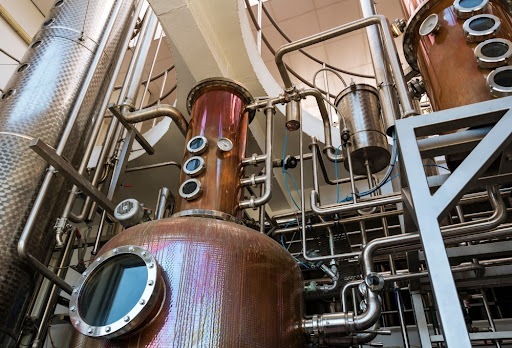
How It’s Made
- STEP ONE – The first step in making alcohol is choosing the grain that will be used for fermentation. Corn, rye, wheat, barley, and rice are most commonly used.
- STEP TWO – Once the grain is selected, it’s time to begin fermentation. Fermentation is a general term used across the alcohol industry. It refers to the biological process of converting sugar into alcohol and carbon dioxide. The catalyst in this process is yeast, used to break down the sugars and convert them into alcohol and other bi-products.
- STEP THREE – Once fermentation is complete, distillation begins. The fermented grain is converted from a liquid into a vapor, then back into a liquid. The grain being distilled determines the distillation method: column or pot still. The liquid mixture of highly concentrated alcohol is our Neutral Grain Spirit.
A.B.V. Matters
A.B.V. (alcohol by volume) is the standard measurement to assess the strength of alcohol. For neutral alcohol, specific criteria must be met to qualify as a base through column or pot distilling.
Column distilling allows for efficient distilling for higher A.B.V. spirits. Pot stills require more preparation time before every batch and operate on a smaller scale.
- In the U.S., neutral spirits must reach 95% A.B.V. or be 190 proof, accomplished through column distilling.
- Spirits in the E.U. and U.K. must reach 96% A.B.V., which requires a slightly different practice.
With GNS, distillers can increase their product yield up to three-fold without altering its original character – creating endless flavor and strength possibilities for the consumer. Ready-made base spirits also save time and money that would contribute to the cost of a bottle.
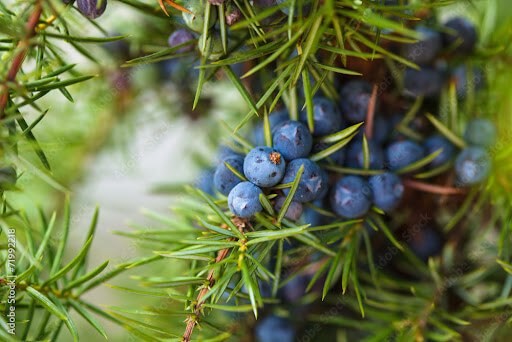
Grain Neutral Spirits (96%) are primarily used to produce RTDs, Vodka, and Gin.
RTDs – The ready-to-drink category continues to grow as more brands expand their existing portfolios with gin, vodka, or whiskey. Base spirits are necessary to make RTDs, hard seltzers, and pre-mixed cocktails. RTDs are available in various flavor profiles and strengths. The IWSR reports that spirit-based RTDs are projected to have a higher A.B.V. in the coming months of 5% or higher.
Vodka – Vodka is one of the most basic neutral spirits that also serves as a classic ingredient in cocktails and RTDs. Usually made from fermented grains, this favored spirit must have a standard concentration of 40% A.B.V. in the U.S. Sasma provides our clients with the base vodka at around 60 – 70%. Variations range from grape vodka, potato vodka, barley vodka, rye vodka, and even spelt vodka. The rise of cocktail culture has increased the demand for this base spirit.
Gin -The alcohol content of gin can vary depending on how many times it is distilled. The first round of pit distillation will produce an alcohol content of around 35%. Twice will result in approximately 70%, and three times will result in 80%, according to VinePair. Distillers who want to make neutral spirits from scratch must ferment the liquid first, which requires an extensive extraction process. Juniper berries, herbs, or gin botanicals further amplify and sophisticate the taste.
Looking For More Information on Base Spirits?
At Sasma, bulk base spirits like ENA and GNS are available upon request. Reach our team for more information.
Related articles
-

Meet Sasma’s New Warehouse Manager in Halsteren
Mark shares his background, his vision for safe & efficient operations, and how Halsteren will serve as a natural...Read more -
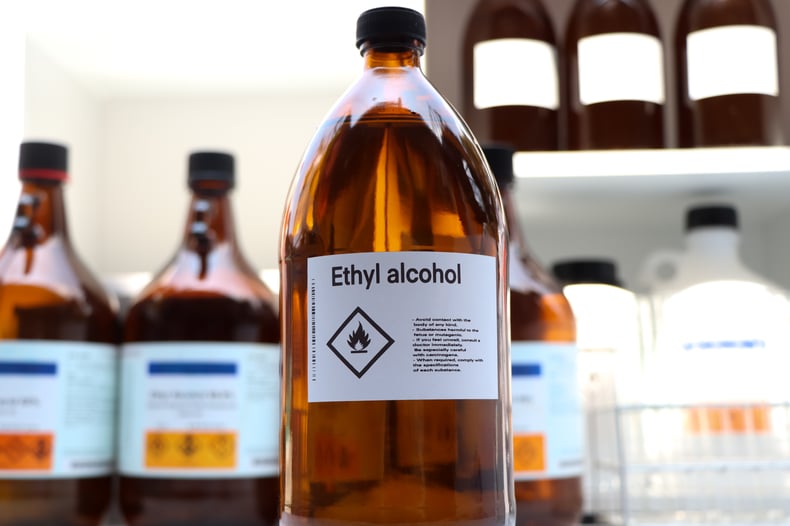
Is Ethyl Alcohol Halal?
Ethyl alcohol is widely used acrossmany supply chains, where it primarily serves as a functional ingredient rather than...Read more -

Sasma 2025 Year in Review
As we close out Q3, we share the key developments shaping our industry: global trade agreements & tariff shifts,...Read more -

Sasma Halsteren Facility On Track To Open April 2026
Sasma’s new Halsteren warehouse is progressing as planned, marking a significant investment in our long-term...Read more -
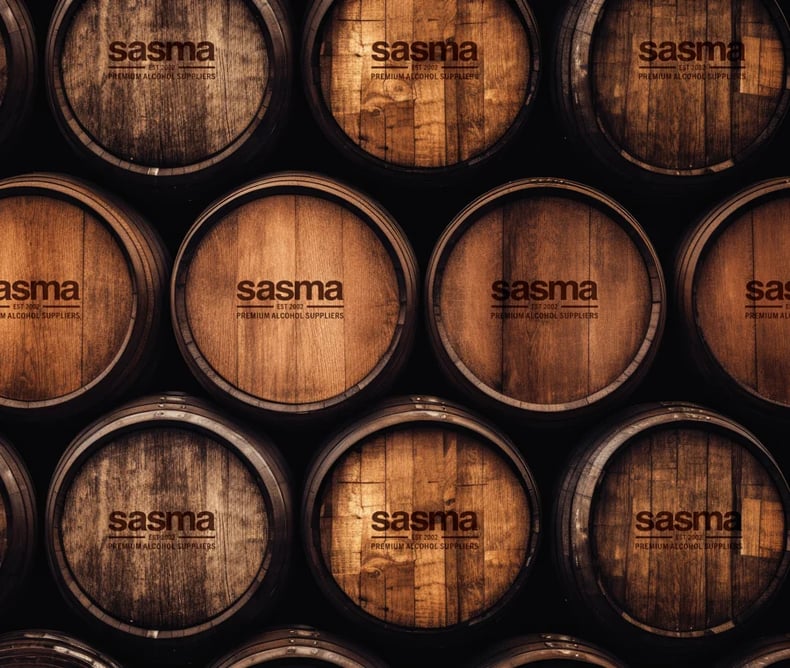
Exploring Bulk Whisky with Sasma: Quality, Customization, & Expertise
Understanding the factors shaping bulk alcohol pricing is crucial. Learn how raw materials, production processes, and...Read more -
.jpg?width=790&height=980&name=sasma-apr25-websize-366%20(1).jpg)
What Is A CAS Number and Why Is It Important?
Quality at Sasma more than a standard we adhere to. we're suppliers of bulk spirits & alcohol, from sourcing and...Read more


